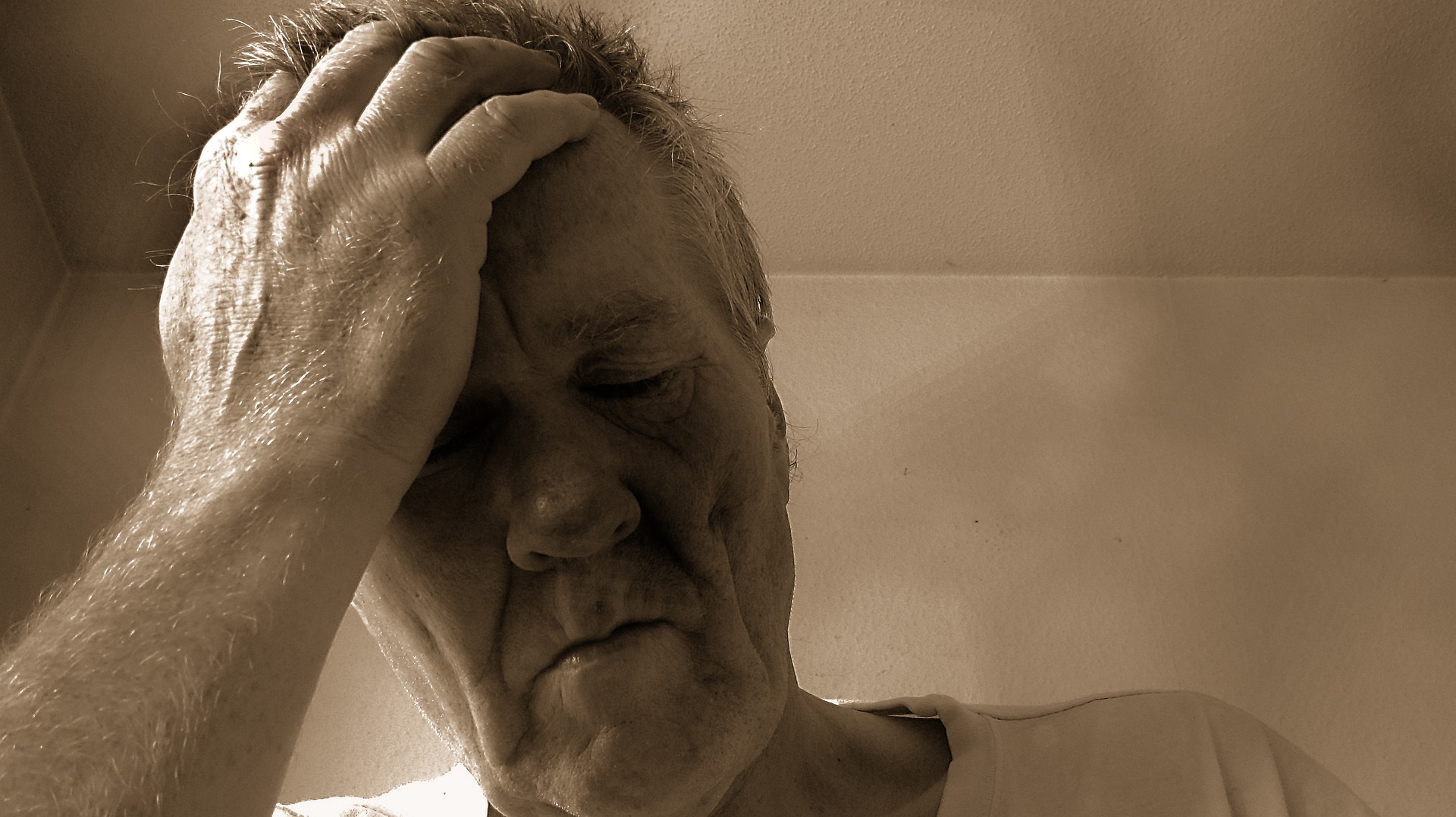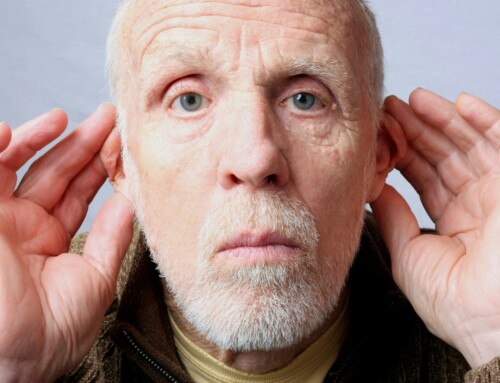Getting a good night’s sleep is essential to an individual’s health and is vital to maintaining a quality of life and optimal well-being. When a person fails to get restful sleep and is fatigued throughout the day, a specialist should be consulted, as inadequate sleep in the elderly can influence focus, mood, and memory – adversely impacting intellectual and physical performance. Insomnia and other sleep disorders can hinder healthy blood pressure and metabolic function, elevating cardiovascular risk.
Sleep Disorders and Disturbances in the Elderly
We experience bodily changes and adaptations in our daily routines as we age. Sleep disorders such as insomnia begin to appear as both our daily responsibilities and our energy levels begin to recede. The elderly population typically sleeps less every night than their younger counterparts. Babies and children sleep the most, and sleep patterns grow shorter every decade.
A sedentary lifestyle significantly impacts the sleep of aging adults. Because they are less active and may take an afternoon nap, they are less tired in the evening. The amount of sleep each person requires depends on physical activity level and age. For most adults, a typical night’s sleep is between 7 and 8 hours per day.
How Can You Improve Your Sleep Quality?
It’s important to remember that sleep disorders and disturbances, waking up fatigued, and other signs of insomnia are not considered normal symptoms of getting older. Sleep is just as essential to physical and emotional health as it was when you were a young child or teen. Therefore, seeking professional help from a physician is vital to maintaining a quality of life.
Sometimes sleep is interrupted by chronic pain or medical conditions such as an overactive bladder. Relief from these issues may improve sleep for many seniors, just as receiving help for anxiety and depression can.
In regard to sleep conditions and disorders, there are many potential remedies, such as mental health counseling to relieve stress, pharmaceutical drugs, sleep hygiene, and more. Individual treatment of insomnia and other sleep disorders must target the elimination of the condition’s underlying causes, resulting in symptomatic improvement and improved quality of sleep.
Here are some tips to achieve more sustainable sleep habits. To begin with, seniors should create a quiet environment with a comfortable temperature (not too hot or too cold) and establish a relaxing bedtime routine to minimize symptoms.
- Use the bedroom only for sleeping, and eliminate distractions.
- Avoid watching television or using a phone or tablet while in bed.
- Set a routine time for going to bed and getting up daily.
- Create relaxing pre-bedtime rituals.
- Establish an exercise routine at regular times of the day
- Do not exercise within 3 hours of bedtime.
- Take walks in nature and get plenty of sunlight.
- Avoid long naps (no longer than 20-30 minutes).
- Do not eat too much at dinner (or, conversely, do not go to bed hungry).
- Set bedtime at least 2 hours after eating dinner.
- Try making warm milk to encourage drowsiness.
- The hormone melatonin induces sleep but is only produced if there is no light in the room. Make sure the room is dark and, if possible, without glowing screens. Leave bedroom clocks with electronic displays out of sight or turned away from the bed.
- Caffeine should be avoided after midday, and alcohol should be avoided altogether if sleep disorders are pervasive.
In conclusion, sleep is essential to overall health and quality of life. If you or someone you love is plagued by sleep disorders, take it seriously. You can reverse the condition and get a restful night’s sleep.
At A Banyan Residence, we provide a safe and compassionate residence for seniors of all ages and abilities. If your senior loved one needs a new place to live, we invite you to come to tour our facility in The Villages today.







